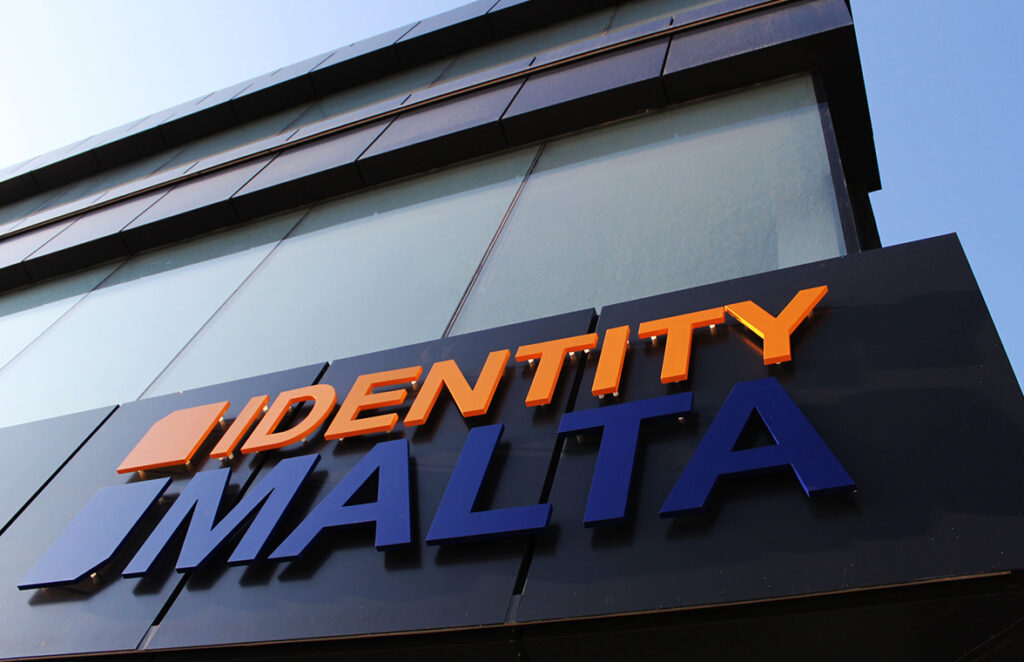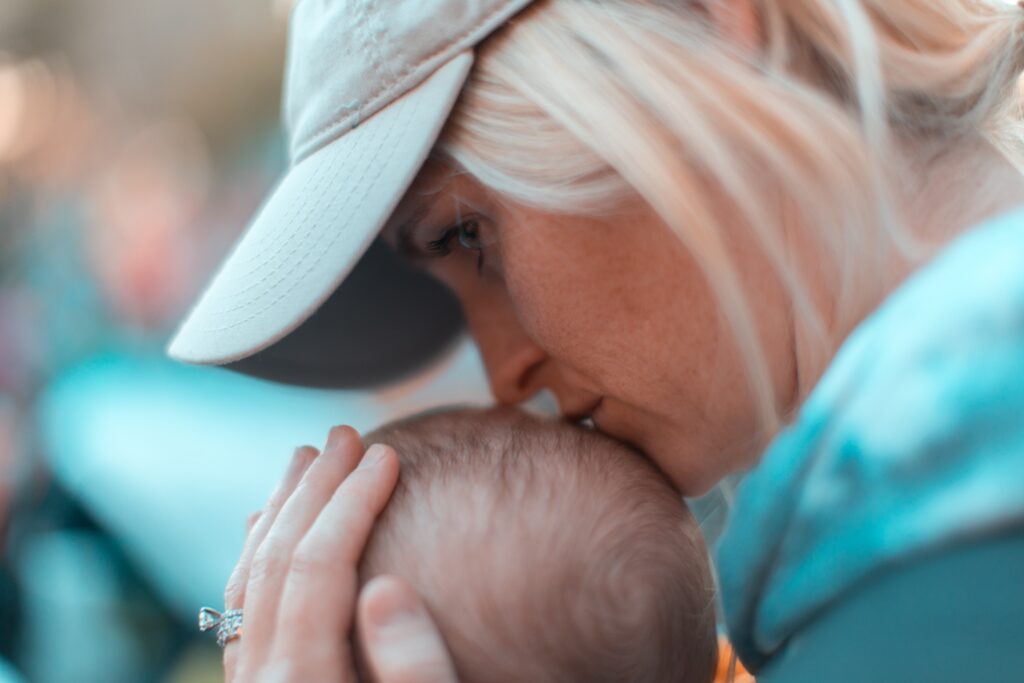
Social Support
Social support in Malta is an essential aspect of the country’s welfare system, aimed at providing assistance and services to individuals and families in need. The Maltese government, along with various non-governmental organizations (NGOs) and community-based initiatives, work together to ensure the well-being and social inclusion of vulnerable and disadvantaged groups. Here are some key aspects of social support in Malta:
1. Social Security System: Malta has a comprehensive social security system that offers financial support to individuals and families facing various challenges. The system includes a range of benefits, such as unemployment benefits, sickness benefits, disability benefits, and child allowances. These benefits are designed to provide a safety net and help individuals meet their basic needs during difficult times.
2. Housing Support: The Maltese government offers housing support to low-income families and individuals through various programs, including rental subsidies and social housing schemes. These initiatives aim to improve access to affordable and decent housing for those in need.
3. Healthcare Services: Malta provides free and accessible healthcare services to its citizens through a national health system. The government-run hospitals and health centers offer medical care, consultations, and treatments without direct cost to patients. Additionally, the country has various healthcare programs addressing specific health issues and promoting preventive measures.
4. Education and Training: The education system in Malta is designed to promote social inclusion and equal opportunities. Free education is provided to all children, and the government offers additional support to students with specific learning needs. Furthermore, there are vocational training and adult education programs available to help individuals acquire new skills and enhance employability.
5. Elderly Care: Malta recognizes the importance of supporting its aging population. The country provides services and facilities for senior citizens, including residential care homes, day centers, and community support programs to promote active aging and enhance the quality of life for older individuals.
6. Disability Support: Persons with disabilities receive various forms of assistance and support in Malta. The government aims to create an inclusive society by offering disability benefits, accessibility accommodations, and specialized services to ensure that individuals with disabilities can participate fully in society.
7. Family and Child Support: Malta has initiatives in place to support families and children, including child protection services, family support centers, and counseling services. The government also provides financial assistance to families with children through child allowances and other family benefits.
8. Food Aid and Social Welfare: Charitable organizations and NGOs in Malta play a crucial role in providing social support. They offer food aid, shelter, counseling, and other forms of assistance to those in need, complementing the efforts of the government’s social welfare system.
9. Integration and Migrant Support: Malta has programs to support the integration of migrants and refugees, providing them with access to social services, language courses, and employment opportunities to promote their inclusion in Maltese society.
10. Mental Health Support: The country is recognizing the importance of mental health and has been expanding mental health services and awareness programs to address mental health issues and reduce the associated stigma.
In summary, social support in Malta encompasses a wide range of services and initiatives aimed at promoting social well-being, equality, and inclusion. The government and civil society work collaboratively to provide assistance and opportunities to vulnerable individuals and communities, ensuring that everyone can access the support they need to lead fulfilling lives.


